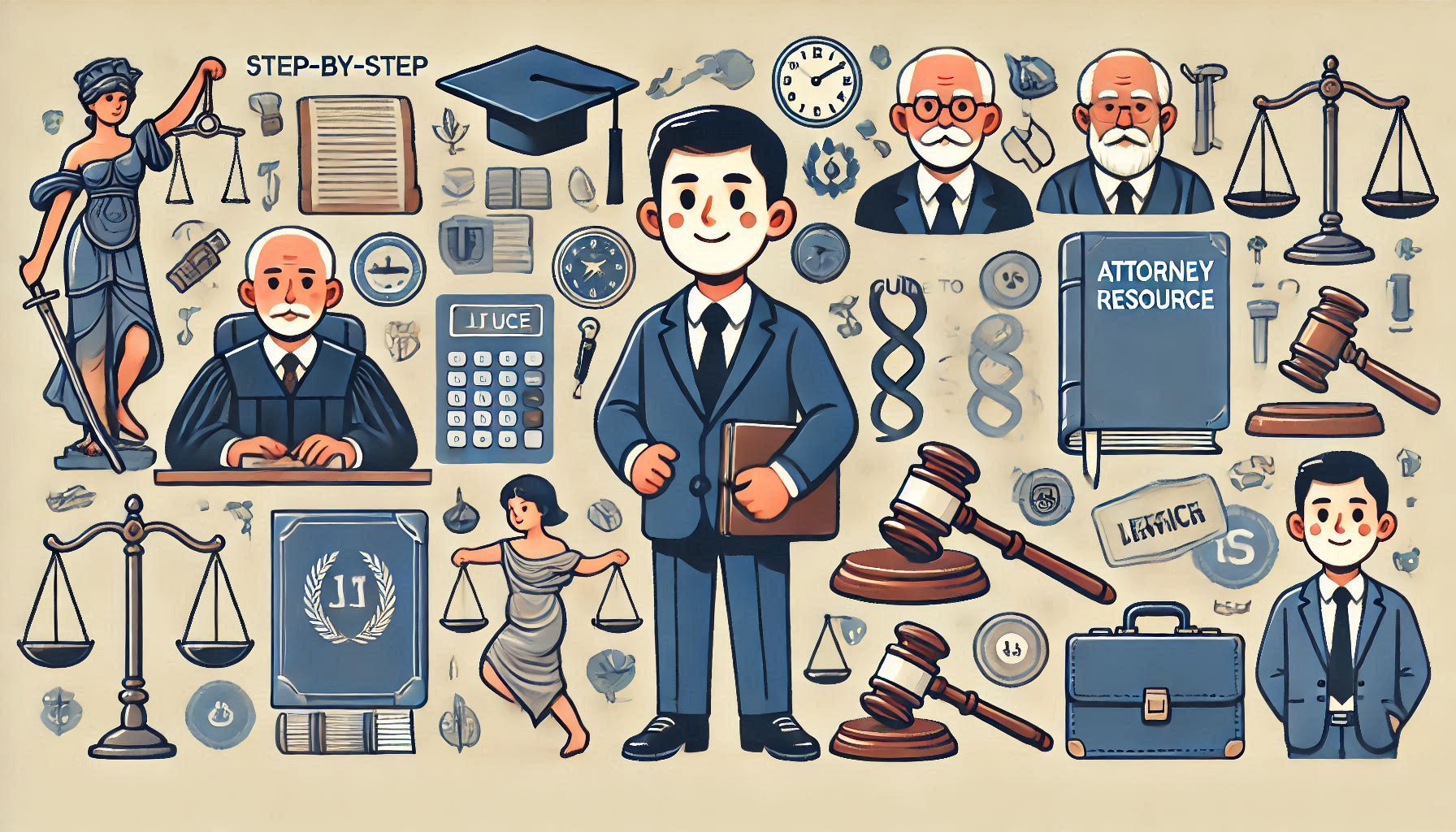Meeting a lawyer for the first time can be daunting, but proper preparation can make the process smoother and more productive. This guide will provide you with the steps to prepare for your first meeting with a lawyer, ensuring that you make the most of your consultation and provide all necessary information.
Gather Relevant Documents
Identify Necessary Documents
Before your meeting, identify and gather all relevant documents that pertain to your case. This may include contracts, emails, letters, receipts, medical records, police reports, and any other pertinent paperwork. Having these documents readily available will help your lawyer understand the specifics of your case.
Organize Your Documents
Organize your documents in a logical order. Use folders, labels, or digital tools to keep everything easily accessible. This organization will help you present your case clearly and efficiently, ensuring that you don’t miss any important details during your meeting.
Create a Summary of Your Case
Write a Detailed Overview
Write a detailed summary of your case, including key events, dates, and any relevant background information. Be as specific as possible, and include any details that may help your lawyer understand the context of your situation. This summary will serve as a useful reference during your meeting and help your lawyer grasp the key points quickly.
Highlight Key Issues
Identify and highlight the key issues or questions you have about your case. This will help you stay focused during your meeting and ensure that you address all important concerns with your lawyer. Prioritizing your questions will make your consultation more efficient and productive.
Prepare a Timeline
Prepare a timeline of events related to your case. This visual representation will help your lawyer understand the sequence of events and identify any patterns or critical moments that may be relevant to your case. A clear timeline can provide valuable context and streamline the discussion.
Research Your Lawyer
Check Qualifications and Experience
Before your meeting, research your lawyer’s qualifications and experience. Look for information about their educational background, years of practice, and any additional certifications or specializations. Understanding your lawyer’s expertise will give you confidence in their ability to handle your case.
Read Reviews and Testimonials
Read reviews and testimonials from previous clients to get a sense of your lawyer’s reputation and performance. Look for feedback on their communication skills, professionalism, and success in handling cases similar to yours. Positive reviews can provide reassurance and help you build trust in your lawyer.
Understand Their Approach
Familiarize yourself with your lawyer’s approach to handling cases. Do they prefer a collaborative approach, or are they more aggressive in their tactics? Understanding their style will help you gauge whether they are a good fit for your personality and your case.
Prepare Questions to Ask
Focus on Key Concerns
Prepare a list of questions to ask your lawyer during your meeting. Focus on key concerns related to your case, such as potential outcomes, legal strategies, and timelines. Asking relevant questions will help you gain a better understanding of your case and the legal process.
Inquire About Fees
Don’t forget to ask about fees and billing practices. Understanding the cost structure upfront will help you budget appropriately and avoid any surprises later on. Ask for a written agreement that outlines the lawyer’s fees and payment terms.
Ask About Communication
Discuss your lawyer’s preferred methods of communication and how often you can expect updates on your case. Establishing clear communication expectations will help ensure that you stay informed and involved throughout the legal process.
Prepare Yourself Mentally and Emotionally
Stay Calm and Focused
Meeting with a lawyer can be stressful, but staying calm and focused will help you communicate more effectively. Take deep breaths, stay organized, and remind yourself that you are taking a positive step toward resolving your legal issue.
Be Honest and Transparent
Honesty is crucial when discussing your case with your lawyer. Provide all relevant information, even if it may be uncomfortable or embarrassing. Transparency will help your lawyer build a strong case and avoid any surprises that could undermine your legal strategy.
Manage Your Expectations
Understand that legal processes can be complex and time-consuming. Manage your expectations by discussing potential outcomes and timelines with your lawyer. Being realistic about the process will help you stay patient and focused on the long-term goal.
Follow Up After Your Meeting
Review Meeting Notes
After your meeting, review any notes you took during the discussion. Ensure that you understand the key points and action items. If you have any follow-up questions, don’t hesitate to reach out to your lawyer for clarification.
Organize Additional Documents
If your lawyer requested additional documents or information, organize and provide them as soon as possible. Timely submission of requested materials will help keep your case on track and demonstrate your commitment to the process.
Stay in Communication
Maintain regular communication with your lawyer. Stay informed about the progress of your case and provide any updates or new information as needed. Building a strong lawyer-client relationship through effective communication will enhance your chances of a successful outcome.
Conclusion
Preparing for your first meeting with a lawyer is crucial to ensure a productive and efficient consultation. By gathering relevant documents, creating a summary of your case, researching your lawyer, preparing questions, and managing your expectations, you can make the most of your initial consultation and set the stage for a successful.


